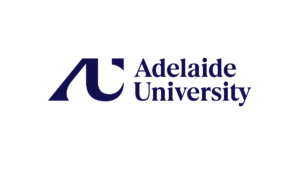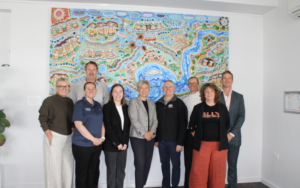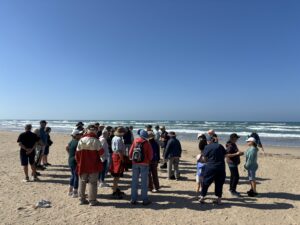
Innovative urban water management will be critical for supporting the liveability of cities throughout the world under future climates. Climate change, population growth, urban expansion and the complexity of urban water management pose significant future challenges for communities in urban environments. The challenges include higher and more extreme temperatures and the ongoing degradation of waterways and coastal environments.
Adelaide’s future liveability can be enhanced through the integrated management of stormwater and urban waterways. This has the potential to improve the health of urban waterways and the coastal environment and to increase the connection of Adelaide’s communities to them. It could also provide an important water source for urban ‘greening’, supporting the values of Adelaide residents through the provision of water for gardens and parks and non-potable domestic and industrial uses. Additional benefits due the “cooling effect” of vegetation could help mitigate the impacts of increased temperatures.
Realising these opportunities will require world-leading governance, policy and on-ground management arrangements. With this in mind, the Goyder Institute has established a new project to support the South Australian Government in identifying future stormwater and urban waterway management options for Adelaide. The project has been able to provide initial inputs into the Urban Water Directions Statement that was recently released by the Department for Environment and Water, and will contribute to some of the priority actions that the statement has identified.
The project is being delivered by a transdisciplinary expert panel[1] to explore potential future governance, funding and policy arrangements and integrated on-ground management options. The expert panel will utilise the broad expertise from across the Institute’s research partners (CSIRO, Flinders University, The University of Adelaide, and the University of South Australia) in collaboration with complementary leading expertise from Monash University, Water Sensitive SA and Jacobs.
Institute Director Dr Kane Aldridge observed that there is “a strong desire across all the relevant government agencies to advance how stormwater and urban waterways are managed in the long-term” and that “there is a substantial body of experience and knowledge that can be used to identify options for future integrated water management approaches”.
Recognising the complexities involved in stormwater and waterway management in Adelaide, the panel will be assisted by a Stakeholder Reference Group drawn from representatives of the Department for Environment and Water, Environment Protection Authority, Green Adelaide, Local Government Association, SA Water, Stormwater Management Authority and Stormwater SA.
The expert panel will explore urban water management options from around the world. The findings will be presented in a report that provides independent advice to the South Australian Government on the future management of stormwater and urban waterways. The preparation of the report will be led by Dr Baden Myers from the University of South Australia and will be completed in the middle of 2022.
This project is an important step towards progressing the Water for Cities and People Impact Area of the Institute’s Strategic Plan 2020-2023.
For further information about the project please contact the Director of the Goyder Institute, Dr Kane Aldridge.
Notes:
[1] Composition of the expert panel:
- Dr Faisal Ahammed (University of SA) – Water sensitive urban design
- Rachel Barratt (Jacobs) – Water strategy, policy and planning
- Mellissa Bradley (Water Sensitive SA) – Water sensitive urban design
- Professor Chris Chesterfield (Monash University) – Water sector governance and leadership
- Professor Lin Crase (University of SA) – Applied economics: water markets, pricing, policy
- Dr Meredith Dobbie (Monash University) – Landscape perception
- Dr Tanya Doody (CSIRO) – Vegetation water requirements
- Professor Howard Fallowfield (Flinders University) – Water treatment & health aspects of water quality
- Assoc. Professor Huade Guan (Flinders University) – Ecohydrology and urban microclimates, including urban cooling
- Professor Martin Lambert (The University of Adelaide) – Water engineering and hydraulics
- Dr Tim Muster (CSIRO) – Urban infrastructure innovation, wastewater technologies
- Dr Baden Myers (University of SA) – Stormwater harvesting, urban drainage, and water sensitive urban design
- Professor Melissa Nursey-Bray (The University of Adelaide) – Community engagement in environmental decision making
- Dr Margaret Shanafield (Flinders University) – Surface water-groundwater interactions


